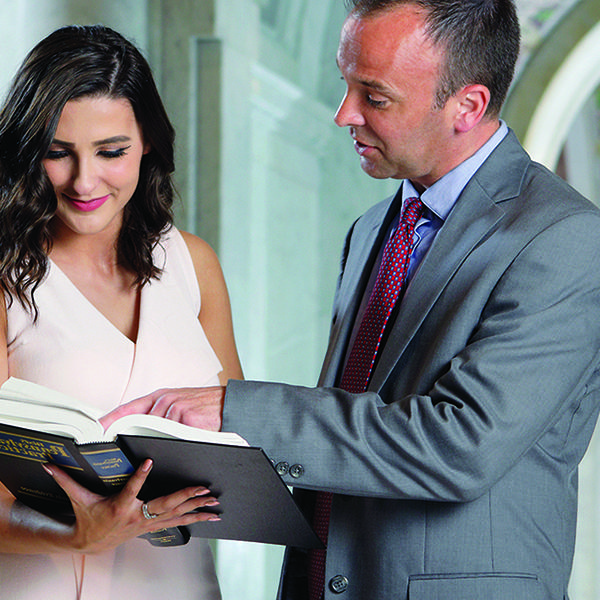Engage with diverse literatures and contexts to develop your critical thinking and writing skills as an English major at Wilkes. Concentrations in digital humanities, literature, writing and education will prepare you for a wide range of careers.
Program Snapshot
| Program Type | Format | Credit Hours |
|---|---|---|
| Major, Minor | On Campus | 120 (18 for minor) |
Why Study English at Wilkes?
The close-knit community and co-curricular activities are hallmarks of the Wilkes English department.
As an English major, you spend a significant amount of time reading and writing. To thrive, you will need not only concentration, but conversation. No writer writes alone! Our faculty share their expertise and creativity, and welcome yours in and out of the classroom. You’ll be a vital part of the Kirby Hall community, the English Department’s home on campus.
You can hone your writing, editorial and leadership skills outside the classroom through co-curricular activities like:
What Will You Learn as an English Student?
- Through an examination of American and world literature, you’ll develop critical thinking skills that will serve you in your professional and personal life. You’ll learn to effectively communicate your thoughts through exercises in academic, creative and workplace writing.
- You’ll build an appreciation for and understanding of genres, including fiction, poetry, drama and nonfiction.
- In our digital humanities courses, you’ll analyze and create literary and non-literary digital texts to enhance your experience in the remote work space.
- Choose one of four concentrations that best suit your education and career goals:
- You can also minor in Creative Writing to develop your creative imaginations or Workplace Writing to prepare for opportunities outside of the classroom.





